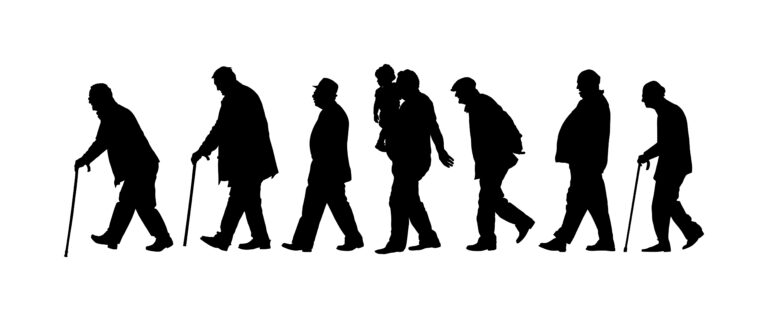**Updating Vehicle Registration and Legal Documents for a Dementia Patient: A Guide**
When a loved one is diagnosed with dementia, it can be challenging to manage their daily tasks, including updating important documents like vehicle registration and legal papers. Here’s a simple guide to help you navigate these responsibilities.
### 1. **Vehicle Registration**
**Why Update Vehicle Registration?**
– **Safety First**: If your loved one is no longer able to drive safely, it’s crucial to update their vehicle registration to reflect this change. This ensures they don’t drive with a suspended or invalid license, which can lead to serious consequences.
**How to Update Vehicle Registration:**
1. **Notify the DMV**: Inform your state’s Department of Motor Vehicles (DMV) about the diagnosis. They will guide you through the process of updating the registration.
2. **Fill Out Forms**: Complete the necessary forms, which may include a medical assessment form to determine if the person is still safe to drive.
3. **Conditional License**: If the assessment shows they are still safe to drive, they may be issued a conditional license. This license will require regular medical checks to ensure continued safety.
4. **Cancel the License**: If the assessment indicates they are no longer safe to drive, their license will be canceled.
### 2. **Legal Documents**
**Why Update Legal Documents?**
– **Financial Security**: Dementia can impair a person’s ability to manage finances. Updating legal documents ensures that someone you trust can handle their financial affairs.
– **Power of Attorney (POA)**: A POA gives someone the authority to make decisions on behalf of the person with dementia.
**How to Update Legal Documents:**
1. **Power of Attorney (POA)**:
– **Types of POA**: There are different types of POAs, such as general, durable, and special POAs. A general POA grants broad powers, while a durable POA remains in effect even if the person becomes incapacitated. A special POA is limited to specific tasks.
– **Creating a POA**: You can create a POA yourself using a template, but it’s recommended to consult a lawyer to ensure it is valid and meets your state’s requirements.
– **When to Create a POA**: It’s best to create a POA early on, while the person with dementia still has the capacity to understand what they are signing.
2. **Other Important Documents**:
– **Titles to Vehicles**: Ensure that the titles to any vehicles are updated to reflect the new ownership or management arrangement.
– **Insurance Policies**: Update insurance policies to reflect any changes in driving status or financial management.
– **Bank Statements and Financial Records**: Keep all financial documents in a safe location and ensure that the person managing the finances has access to them.
### 3. **Additional Tips**
– **Seek Professional Help**: If you’re unsure about any part of the process, consider consulting a lawyer or a professional caregiver who specializes in dementia care.
– **Communicate Openly**: Have open and honest discussions with the person with dementia about their condition and the need for these updates. This can help them understand and accept the changes.
– **Stay Organized**: Keep all updated documents in one place, such as a secure folder or safe deposit box, and ensure that the person managing their affairs knows where to find them.
By following these steps, you can ensure that the vehicle registration and legal documents of a dementia patient are updated correctly, providing them with the necessary support and security as they navigate this challenging time.





